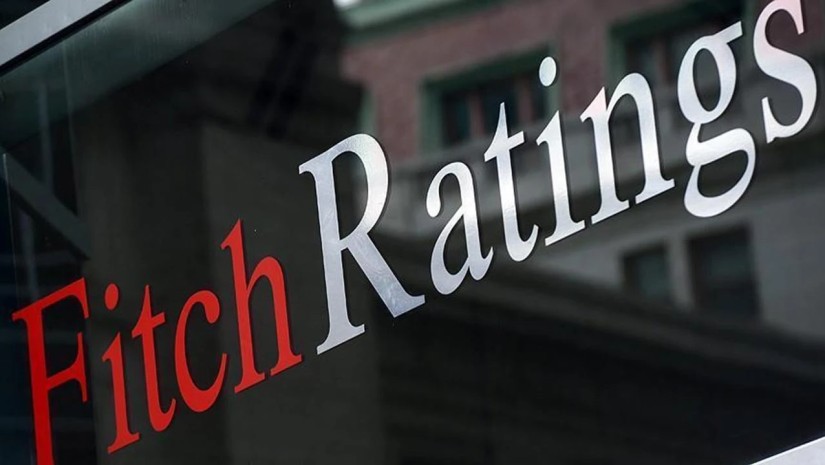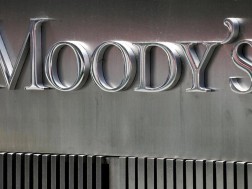Due to the Israel-Hamas war international ratings agency Fitch has placed Israel's A+ long-term foreign and local currency Issuer Default Ratings (IDR) on Rating Watch Negative (RWN). Fitch added that the short term foreign and local currency IDRs of F1+ and the issue ratings of A+ on Israel's long term foreign currency senior unsecured bonds have also been placed on RWN.
Fitch wrote, "The RWN reflects the heightened risk of a widening of Israel's current conflict to include large scale military confrontations with multiple actors, over a sustained period of time. This could include Hezbollah, other regional militant groups and Iran. While not our base case, such large-scale escalation, in addition to human loss, could result in significant additional military spending, destruction of infrastructure, sustained change in consumer and investment sentiment and thus lead to a large deterioration of Israel's credit metrics.
Fitch added optimistically, "In our view, the combination of Israel's dynamic, high-value added economy, the record of resilience to regional conflict, preparedness for military confrontations, solid fiscal and external metrics and cash buffers make it unlikely a relatively short conflict largely confined to Gaza will affect Israel's rating."
But the ratings agency warned, "In our view, the risk that other actors hostile to Israel, such as Iran and Hezbollah, could join the conflict at scale has risen significantly, as indicated by regular fire exchanges on the Israel-Lebanon border and declarations from high-ranking officials in Iran and from Hezbollah. Nevertheless, the cost of such escalation would be high for Iran and Hezbollah, as underscored by warnings by the US and Israel. In our view, a major escalation could result in negative rating action. This could take the form of a wider and longer conflict, resulting in a sustained fiscal drain, both from higher spending and lower tax collection, as well as loss of human and material capital and severe economic disruption," Globes reports.
















